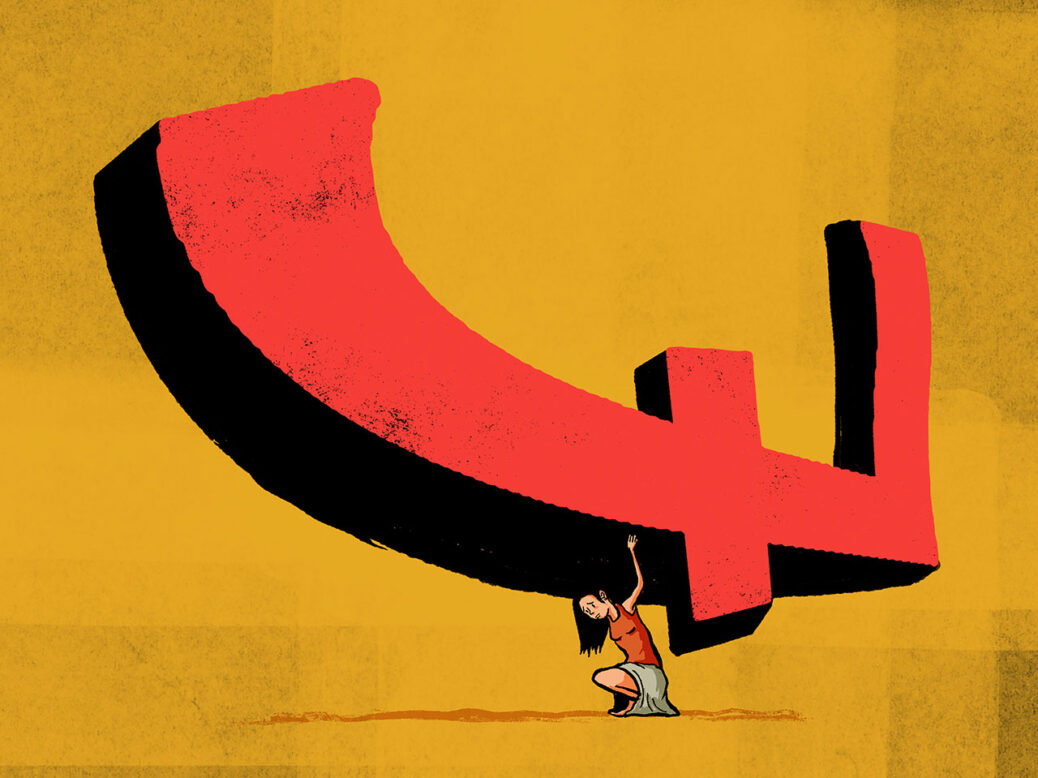

Michael Villegas / Ikon Images
You can say what you like about George Osborne, unless it’s defamatory, but he certainly knew how to make problems for future chancellors.
In November 2012, Osborne wrote to the then governor of the Bank of England, Mervyn King, to confirm that he would very much like to receive the “excess cash” that had started to rattle around in the Bank’s bond-buying arm, the Asset Purchase Facility (APF), as a result of quantitative easing (QE).
The Bank had created a large amount of credit (£375bn) and the APF had used it to buy government and corporate bonds. The very low base rate it paid on its central bank reserves (then a trifling 0.5 per cent) was lower than the “coupon” payments on the bonds, creating a net income that the Bank had agreed with Osborne’s predecessor, Alistair Darling, to hand over to the Treasury.
Over the next decade – a decade in which the APF’s balance sheet rose by a cool half-trillion, to £895bn – the Bank passed £124bn in interest income to the government, which it used to reduce Britain’s debt and pretend that its policy of defunding public services was working. The only catch was that the income from QE would turn negative if the cost of central bank reserves ever rose above the income from the bonds.
On Tuesday, the APF released its latest estimate of the total cost of this policy: in the new, higher-rate era, that £124bn profit has turned into a net loss of £150bn over the next ten years.
Nor was QE the only financial innovation we’ve used to gamble on lower rates. Index-linked gilts were first issued by the UK in 1981, and they too offered cheaper borrowing – but again, with the catch that if inflation rose, both the coupon (interest) and the principal (the amount to be paid back) would increase. A quarter of our national debt is now inflation-linked, more than double the level of any other advanced economy.
Inflation-linked debt is also a problem elsewhere in the economy, particularly in the water sector, where more than half of companies’ £60bn debt pile rises with Retail Price Index (hence Thames Water’s recent struggles).
Content from our partners
The good news is that inflation will fall sharply next month, as lower energy costs pass through. The bad news is that while rates will eventually come down, they’re unlikely to match the halcyon days in which we took on all that debt. The US and EU central banks have hiked rates again this week, and even the Bank of Japan has tightened its esoteric monetary policy.
Like the millions of households that took out tracker mortgages or short-term fixed rates in the zero-rates era, Britain lapped up cheap debt but ignored the fact that it was taking on the lender’s risk. Like those households, it now faces much higher costs for years to come.






